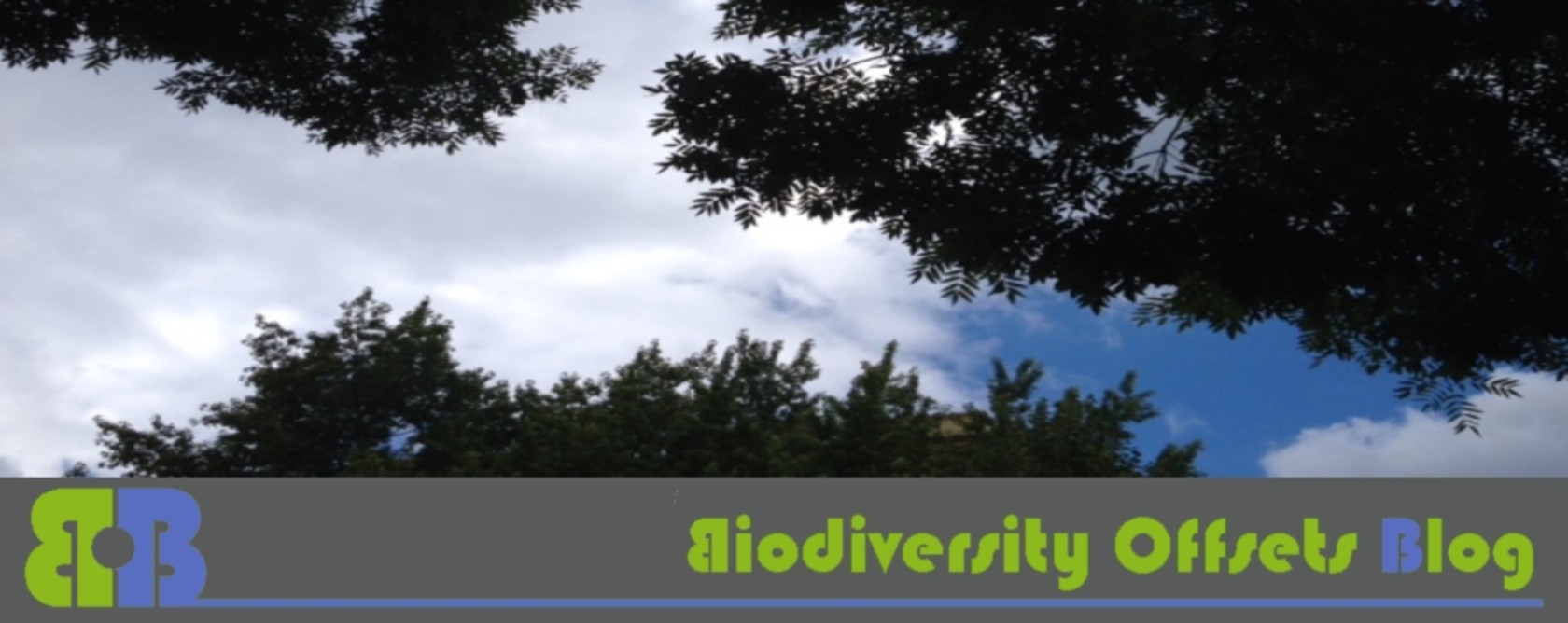Professor Dieter Helm, Chairman of the Natural Capital Committee, has released ‘Natural Capital valuing our planet’, a book published by Yale University Press and following closely the recommendations of the Natural Capital Committee in its recent report to the UK government.
GDP, the conventional measure of economic growth, does not involve a proper balance sheet, and the future consequences of depleting natural capital are ignored, such that depleting natural assets typically leads to an increase in GDP.
At the heart of this book is an asset-based sustainable natural capital rule: passing on to the next generation a set of assets at least as good as the ones we inherited requires a number of conditions to be met and a line in the sand to be drawn — the aggregate level of natural capital should not decline. This requires that natural capital is incorporated in national and corporate accounts, measured, and valued to make sure that the aggregate rule is not broken.
To meet the aggregate rule, the economic rents from depleting non-renewables should be set aside in a fund, which is potentially very big, creating significant opportunities to improve natural capital.
Professor Helm recommends three policies necessary to implement the natural capital approach to economic policy: compensation; environmental taxes, subsidies and permits; and the provision of natural capital public goods, including protected areas, parks and nature reserves.
Compensation is at the heart of the aggregate natural capital rule. To ensure there is no decline, there needs to be compensation for any physical damage within the aggregate. Alongside the fund for depletion of non-renewables, this could result in a colossal conservation programme.
This information was retrieved from the latest (May 2015) BBOP Newsletter.
Read more (including reviews and possibilities to order the book) here and some information on the content and the author pasted below. See also a related Youtube video.
Content of the book
Natural capital is what nature provides to us for free. Renewables—like species—keep on coming, provided we do not drive them towards extinction. Non-renewables—like oil and gas—can only be used once. Together, they are the foundation that ensures our survival and well-being, and the basis of all economic activity. In the face of the global, local, and national destruction of biodiversity and ecosystems, economist Dieter Helm here offers a crucial set of strategies for establishing natural capital policy that is balanced, economically sustainable, and politically viable.
Helm shows why the commonly held view that environmental protection poses obstacles to economic progress is false, and he explains why the environment must be at the very core of economic planning. He presents the first real attempt to calibrate, measure, and value natural capital from an economic perspective and goes on to outline a stable new framework for sustainable growth. Bristling with ideas of immediate global relevance, Helm’s book shifts the parameters of current environmental debate. As inspiring as his trailblazing The Carbon Crunch, this volume will be essential reading for anyone concerned with reversing the headlong destruction of our environment.
About the author
Dieter Helm is Fellow in Economics, New College, Oxford. He is also Professor of Energy Policy and Professorial Research Fellow, Smith School of Enterprise and the Environment, University of Oxford. He lives in Oxfordshire, UK.
Read More: www.naturalcapital.wix.com/dieterhelm and see Dieter Helm’s blog.

Pingback: Newsletter of the Business and Biodiversity Offset Programme, May 2015 - Biodiversity Offsets Blog